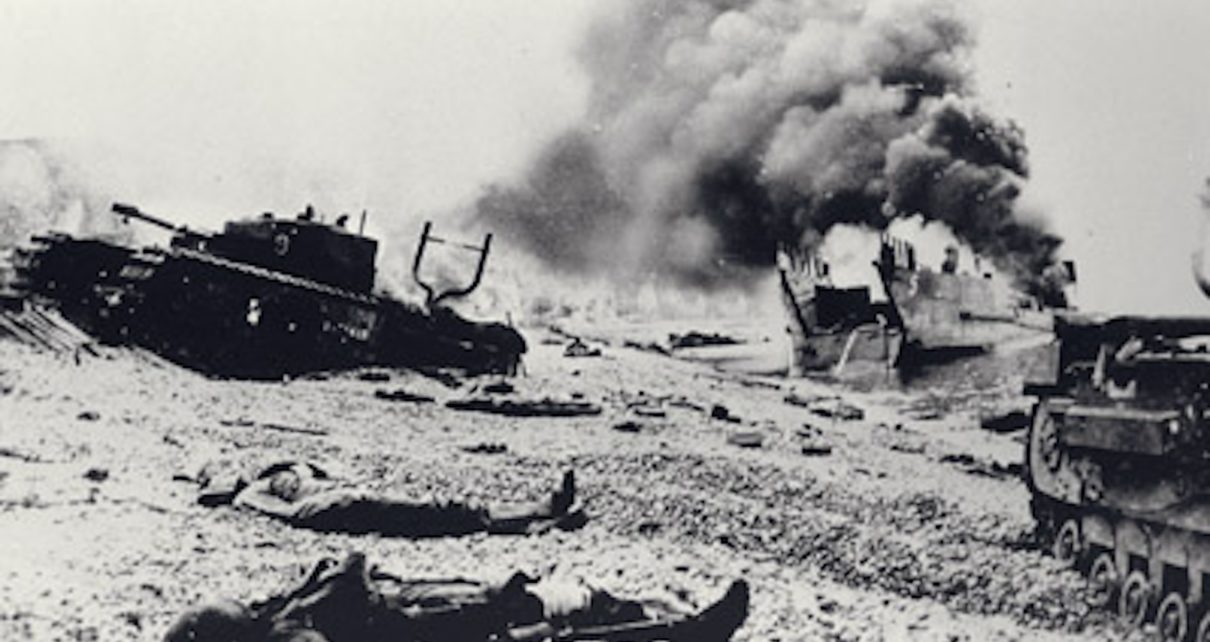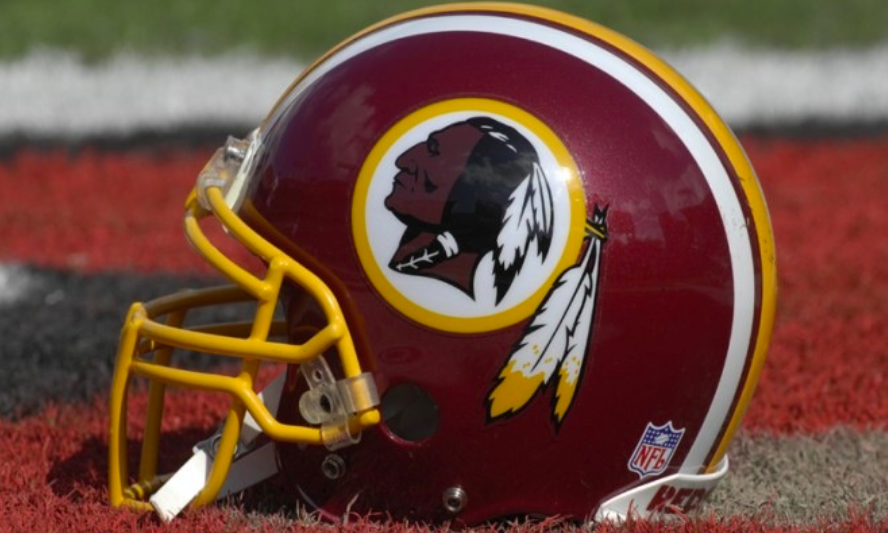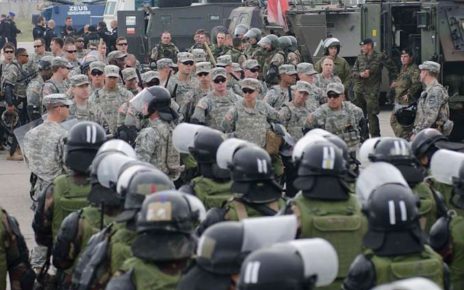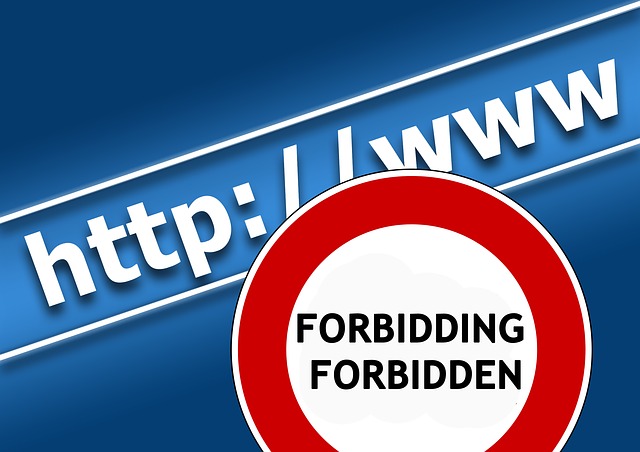March was not a great month for Canadian defence policy, even such as it is. It began with the publication by the CBC of a December 2023 Department of National Defence report stating that: “Only 58 per cent of the Canadian Armed Forces (CAF) would be able to respond if called upon in a crisis by NATO allies right now—and almost half of the military’s equipment is considered ‘unavailable and unserviceable.'”
On the morning of March 7, when that story emerged, both Minister of National Defence Bill Blair and Chief of Defence Staff Gen. Wayne Eyre delivered laments to the Conference of Defence Associations Institute (CDAI) annual gathering in Ottawa, openly admitting as much in front of 500 defence community influencers and the media.
In his speech, Blair also announced some significant (but mainly longer-term) initiatives to help Ukraine—and also announced the intention to double the Canadian contingent in Latvia (Operation Reassurance) to 2200 troops by 2026.
“It says in my notes,” Blair then told the gathering, “that soon we’ll be releasing Canada’s defence policy update—none of you want to hear me say ‘soon’ [nervous laughter off]…”
In fact, nobody in or out of government knows what “soon” means, and perhaps they don’t want to know. The Toronto Globe and Mail commented editorially on March 27: “How quick is swift? Even allowing for the difference between the studied pace of government operations and that of the wider world, 720 days seem to look less like swift and more like paralysis brought on by a government caught between the desire to do not very much and the knowledge it cannot say so out loud.”
That brings us to the real question – what will it take to drag Canada kicking and screaming into a realistic commitment to national defence, or, more bluntly, to the prospect of a land war in Europe? A few polls suggest that Canadian public opinion may be coming around to increased support for national defence, but that position may not hold in the face of what must be cut from current spending programs or added in taxation to achieve anything worthwhile.
But we are committing to 2200 troops in Latvia by 2026. Given our current problems with recruitment and retention, that may be a stretch. Even if achieved, in Eastern Europe, where military strength is still reckoned in corps and divisions, a brigade group is a drop in the bucket. In geostrategic terms all of Latvia is a stone’s throw from Russia’s newly re-formed Leningrad Military District.
True, Russia is having a hard slog of it in Ukraine and there is a widening gap between Russian military achievements and the Kremlin’s increasingly bellicose rhetoric accusing NATO and the West of unprovoked aggression. Putin’s claim most recently on March 27 that Russia has “no aggressive intentions” towards NATO states and that Russia “would not be doing anything in Ukraine” if it were not for “the coup d’état in Ukraine and subsequent hostilities in Donbas.” is the kind of poisonous nonsense spouted by Hitler’s Ribbentrop and Stalin’s Molotov in 1939. It means as little now as it did then, and unfortunately it is swallowed whole by as many credulous Westerners now as it was then.
History doesn’t offer much hope on this score. Canada entered World War II in September 1939. Our first major engagement of that war was Operation Husky, the invasion of Sicily four years later. It was preceded by two ill-advised, politically-driven disasters: Hong Kong in December 1941 and Dieppe in August 1942. Hong Kong cost 564 Canadian dead and Dieppe 900, with thousands of prisoners lost for the duration. Both raids had something like eager public support. The public and the troops had no idea what they were getting into.
If Russia does move against the Baltics, we may not have to wait so long for a disaster. Russia isn’t showing well in Ukraine but neither are they pushovers, and they are learning, at great cost in lives and equipment.
Putin doesn’t care. But Canadians do care, or will once disaster stares us in the face, and this time if it happens it will stare us in the face in real time via social media. If you have not seen the ghastlier videos that both Russia and Ukraine are throwing up onto the Web, you’re lucky. But you’ll see the
ones from Latvia because the Kremlin will make sure of it. And then, what will Canadians do? Perhaps initial disasters in wartime are inevitable. The question is whether we as a nation can handle that kind of shock.
Photo: National Archives Canada
Disclaimer: Any views or opinions expressed in articles are solely those of the authors and do not necessarily represent the views of the NATO Association of Canada.




